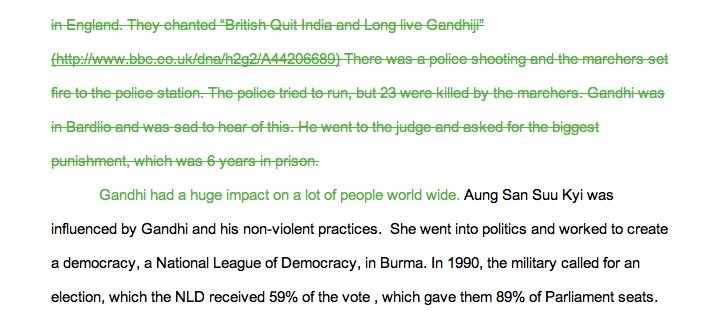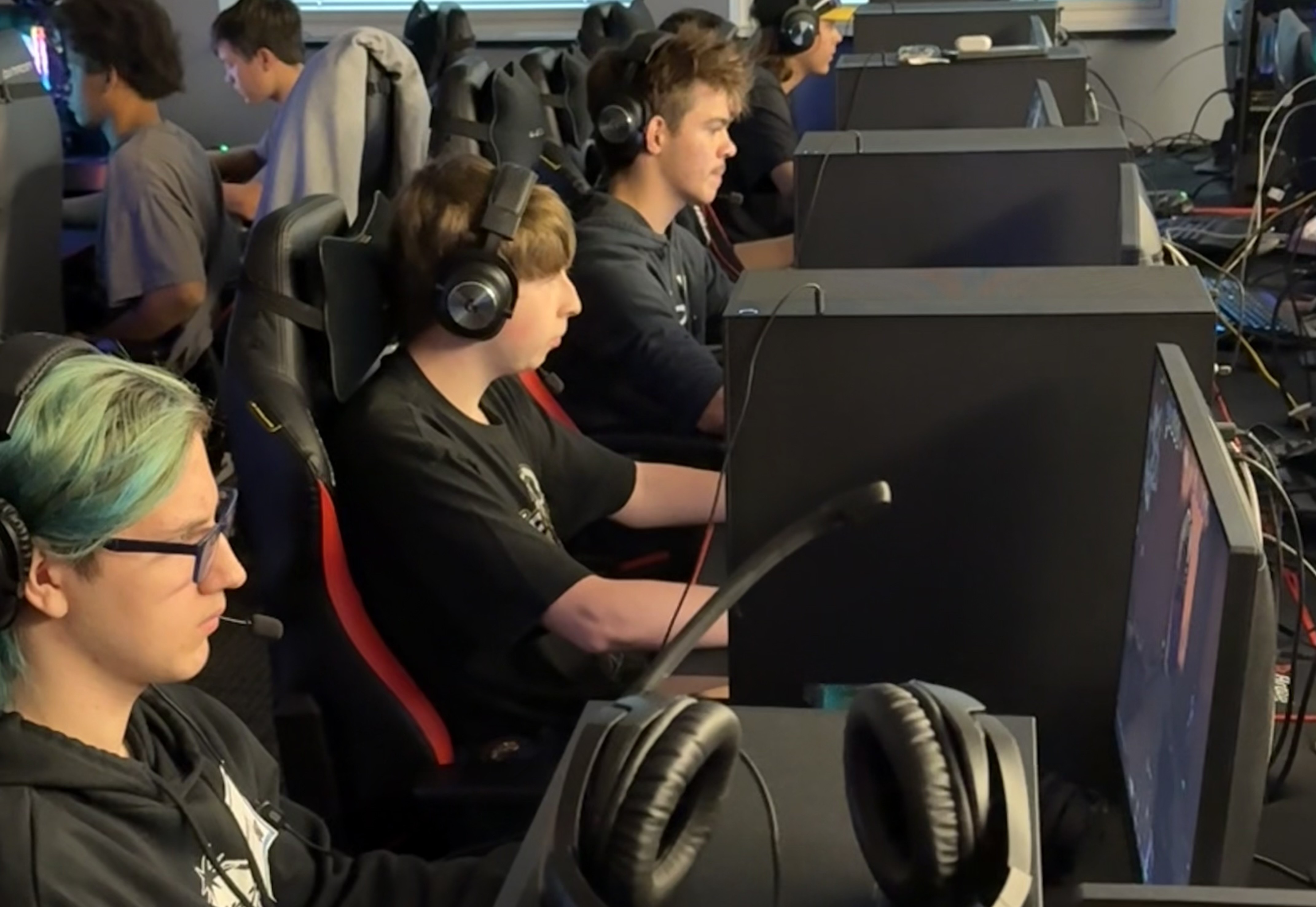Special Needs Students using Collaborative Google Apps by Cheryl Oakes

cross-posted at cheryloakes.com
Recently, I was asked about how I was using Google apps with students who have special needs. I thought about it and decided to document what I have seen this year.(Shout out to Penny in Australia, for her question.) I am teaching in a high school, using google apps with students who have a difficult time completing classroom assignments, organizational challenges and missing paper syndrome.
By using Google docs, spreadsheets and presentation applications, my students always have evidence that they have turned in their work because they can always share the items with their teachers. This may not seem like a huge learning expectation, but I can tell you that at least 50% of student worksheets are completed, yet they find their way to the bottom of the backpack and, without an adult intervening, the work is not turned in and graded. (Note to self and others, put your work assignments in a collaborative google document and your students are more likely to complete and turn them in for grading.)
The best part about using Google apps with special needs students, for me, has to be collaborative editing of student work. When a student gets an assignment, the first thing that happens is that the student begins the document, presentation or spreadsheet and immediately shares the work with a teacher. Within moments of receiving the email notification for the shared item, I reply to the student and begin my coaching. I like to comment on the title, the thesis or question that the students start with, I ask about the due date, the rubric and then begin breaking the assignment down, differentiating for each student.
I like using the revision history and sharing this option with the student. This is where we have a discussion about work expectations and the ability to see how much time the student has put into the work. This is going to be an important part of work and employment accountability in the future and thus a life long skill.
So far, the information I have shared could be used with all students. However, the editing part of google apps is the best and most meaningful part for special needs learners. When students share their document with a teacher, the editing part can become a very creative and meaningful process. Often I use the insert menu and the drop down comment tool.This allows me to leave a place mark in the body of the document, while leaving an entire comment off to the side of the document. Using this process I can leave suggestions, comments, and notes for the student to improve the existing paper. The student then has the option to reply to me in the comments, or to delete the comment when the “fix” has been completed. I use the insert comment, I can highlight, change the color of text and otherwise be creative with edits and suggestions. No longer do the edited comments need to stay in the red mode. I can use colors, fonts, bold, italics and more to set the text aside for instructional purposes. The best part, none of my students have reacted badly to the edits in their work. It almost seems like with the comments as part of the documents, the student focuses more on fixing the edits as a next step in the process, rather than an attack on their ego, their writing or their learning, or even that this is additional work when addressing the ‘fixes’.
Often, I will sit side by side with the student as they work. We are logged into two different computers, and both have the document or presentation up on our screens. We can be working on different parts of the assignment.This helps to demonstrate that we can work together in the same room or miles apart. As soon as an edit is posted, the student gets to work and I keep processing the rest of the paper. I have edited with students in the same room, same building, same town and even miles away when I went to a conference and the student was back at school. An added advantage is that I am able to edit any time or place when my students use google apps and the sharing tools. We don’t have to wait until the next day when the student is available to come work during support study.
Tools and ideas to transform education. Sign up below.
Finally, working with google apps is an efficient way to collaborate with all students, the benefits of doing this work with challenged learners is that the coaching and support happens without the judging that some students feel when working face to face with their teachers on their written assignments. Below is an example of an edited assignment recently turned in for World Studies.

- Start with a school google account for teachers and students.
- Give assignments in shared google docs, presentations or spreadsheets.
- Begin coaching during the editing process of the assignments.
- Always leave instructional comments for the students to act on.
- Always leave comments about parts of the assignment that you like.
- Be the cheerleader! Cheer that student on towards success!
Share your successes here in the comments!
